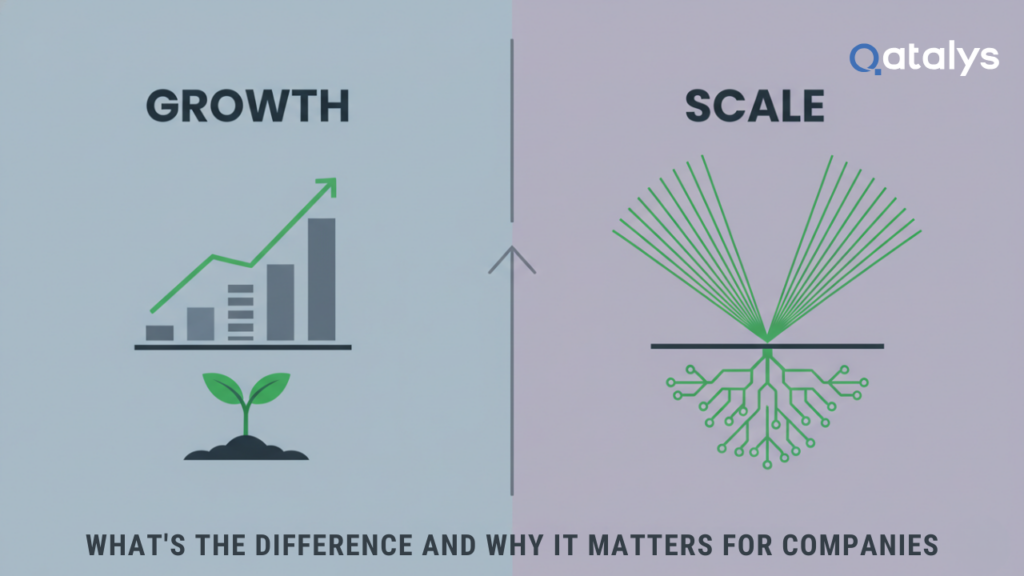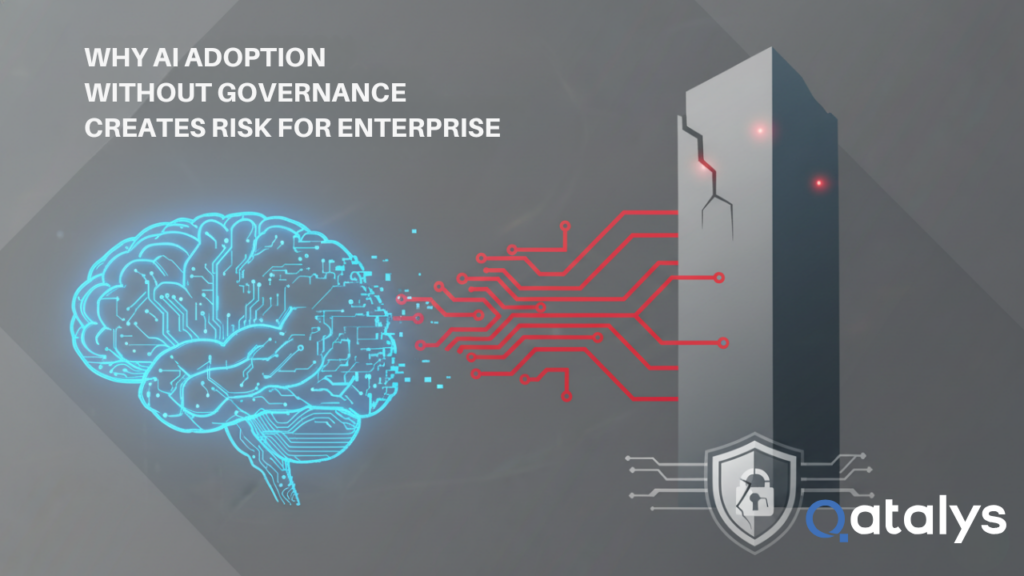You Don’t Need Code – You Need Clarity
In 2025, startups aren’t built only by coders.
Some of the most successful early-stage companies are launched by non-technical founders – people with vision, domain knowledge, customer insight, and the hustle to move fast.
You don’t need to write code. You do need to:
- Define the product clearly
- Assemble the right build team
- Manage execution with clarity and confidence
This blog is a no-fluff guide for non-technical founders who want to build a tech company without writing code themselves.
You’re the Visionary – Not the Engineer
Being a non-technical founder isn’t a disadvantage. But trying to act like a developer usually is.
Your job as a founder is to:
- Understand your customer better than anyone
- Define the problem and how your product solves it
- Map the user experience
- Set the product direction and prioritize outcomes
Too many non-tech founders make the mistake of outsourcing product thinking along with development. That’s how projects fail – or worse, get built and don’t solve anything.
You don’t need to write code. But you do need to think like a builder.
Define the Product Before You Build the Team
Before you bring in developers, bring clarity.
Start with:
- Who is your target user?
- What is the main problem you solve?
- What does a user need to do to get value?
- What does a first version look like? (MVP)
Use tools like:
- Figma or Whimsical to sketch wireframes
- Notion or Google Docs for specs
- Miro or Trello to map user journeys
If you can’t describe what you want built, no one can build it right – no matter how skilled they are.
Know Your Build Options (And When to Use Them)
You have four main paths – each has a purpose depending on budget, timeline, and trust level.
1. Freelancer
- Best for quick MVPs, prototypes, or testing
- Needs strong specs and guidance
- Short-term / task-based
2. Agency or Development Studio
- Works well if you have budget and want a polished product
- May cost more, less long-term commitment
- Ideal for early-stage founders with funding or traction
3. Technical Co-founder
- Great for long-term product vision and shared ownership
- Takes time, chemistry, and trust
- Slow to find but high ROI if right
4. In-House Developer
- Best after MVP validation
- You’ll need funding, clear roles, and long-term roadmap
- Medium to long-term
Pro Tip: Start small. Test builders before committing equity or full-time offers.
How to Vet and Hire Technical Talent (Without Being Technical)
Even if you can’t read code, you can evaluate who’s a good fit.
Here’s how:
- Ask for product walkthroughs, not just GitHub links
- Look for someone who can talk about user problems, not just code stacks
- Give small paid test tasks before longer engagements
- Use advisors or technical friends to review proposals or resumes if needed
You don’t need to hire the smartest coder. You need someone who can build simple things that work, quickly.
Communication > Code: Managing Developers as a Non-Technical Founder
You don’t need to micromanage. But you do need to manage expectations and direction.
Use tools like:
- Notion for documentation and task briefs
- Trello or ClickUp for task tracking
- Loom for video walkthroughs
- Slack or Discord for async check-ins
Set clear outcomes:
- “By end of week, we should have working signup + onboarding form”
- “Users should be able to complete X in less than 3 steps”
Avoid technical jargon. Focus on user impact.
Consider a Venture Studio or Co-Build Partner
If you’re time-starved, fundraising, or just want to move fast – venture studios or co-build teams can be a smart path.
They offer:
- A ready-made team of product + tech experts
- Speed to MVP without hiring from scratch
- Guidance on launch, testing, and GTM
The tradeoff: equity, a fixed retainer, or milestone-based engagement.
Venture studios work best for founders who are:
- Great at growth, sales, or product thinking
- Validated the market
- Need a full-stack build partner
Red Flags to Avoid as a Non-Tech Founder
Many first-time founders make preventable mistakes. Watch for these:
- Hiring without specs: Vague ideas = vague results
- Giving 40% equity to a junior dev “CTO”: Vet thoroughly
- Skipping MVP and building full product upfront
- Expecting a developer to “figure it all out”
- Not validating with users before scaling
The earlier you catch these, the faster you move toward product-market fit.
Play the Long Game: How to Scale Later
Start lean, but think ahead. Once you’ve validated the problem and seen traction:
- Transition freelancers to part-time or full-time
- Hire your first engineer to own the roadmap
- Build a repeatable product process (specs, sprints, QA, releases)
- Align tech hires with business goals – not just feature requests
Eventually, your startup will need a strong technical culture. But you don’t need to start there.
You Bring the Vision – Build Around It
You don’t need to be a coder to build a tech startup.
What you need:
- Clarity on the problem and the user
- A clear MVP scope
- The right team for the right stage
- The confidence to manage outcomes, not lines of code
Plenty of billion-dollar startups were founded by people who never wrote a line of software. You can be next – if you focus on what truly matters.
CTA: Want Help Building Your MVP Team?
Book a 30-Minute Discovery Call – Let’s map your MVP path and the right build strategy for your stage.








